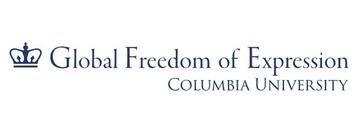
Online harassment and abuse of women journalists on social media are hot topics for contemporary journalism and freedom of expression.
The Columbia University is working on these topics and planning an international conference in New York for next December: the aim of the conference is "to bring together a diversified public of scholars and practitioners interested in the relationship between women and digital media".
While social media has created spaces for women to find each other and unite against harassment and gender-based violence, it is also a contested site, with women being the victims of trolling and bullying.
Beside organising the international conference, the Columbia University is developing new computational tools designed to automatically identify abusive, offensive and harassing speech on social media platforms.
As a first step, this work will develop targeted tools that smartly identify the nuances of problematic speech targeted towards women journalists on Twitter. As such, the team is looking for women-identifying journalists who are willing to both share parts of their Twitter history and spend up to an hour using an interactive tool to evaluate problematic tweets.
If you are interested in participating or have any questions, please reach out to Julia Hirschberg (julia@cs.columbia.edu), Sara Ita Levitan (sarahita@cs.columbia.edu), and Susan McGregor (sem2196@columbia.edu).
Tags: Harassment Hate speech Media freedom Freedom of expression Social media
This content is part of the Media Freedom Rapid Response (MFRR), a Europe-wide mechanism which tracks, monitors and responds to violations of press and media freedom in EU Member States and Candidate Countries. The project is co-funded by the European Commission.


